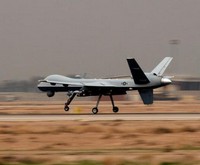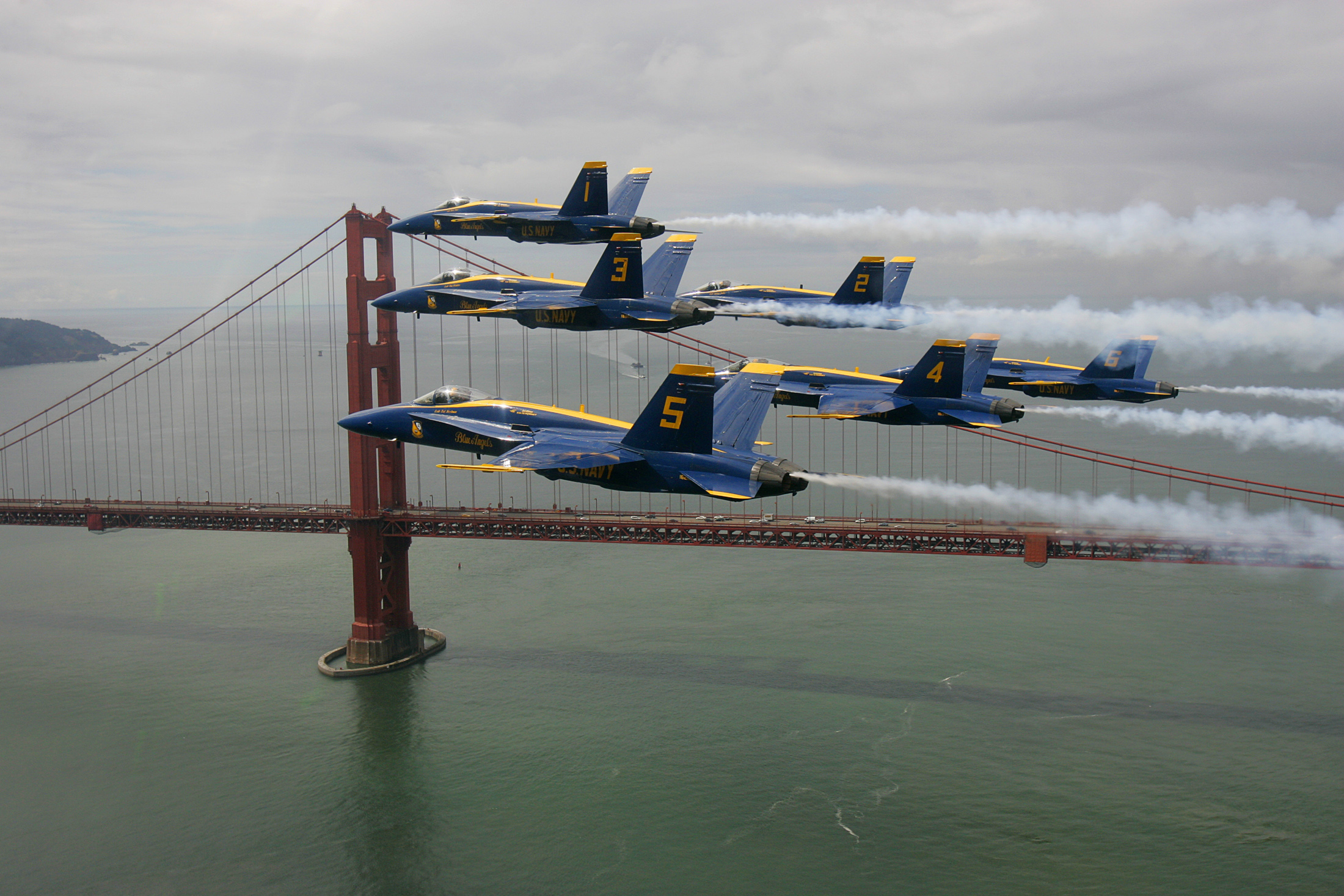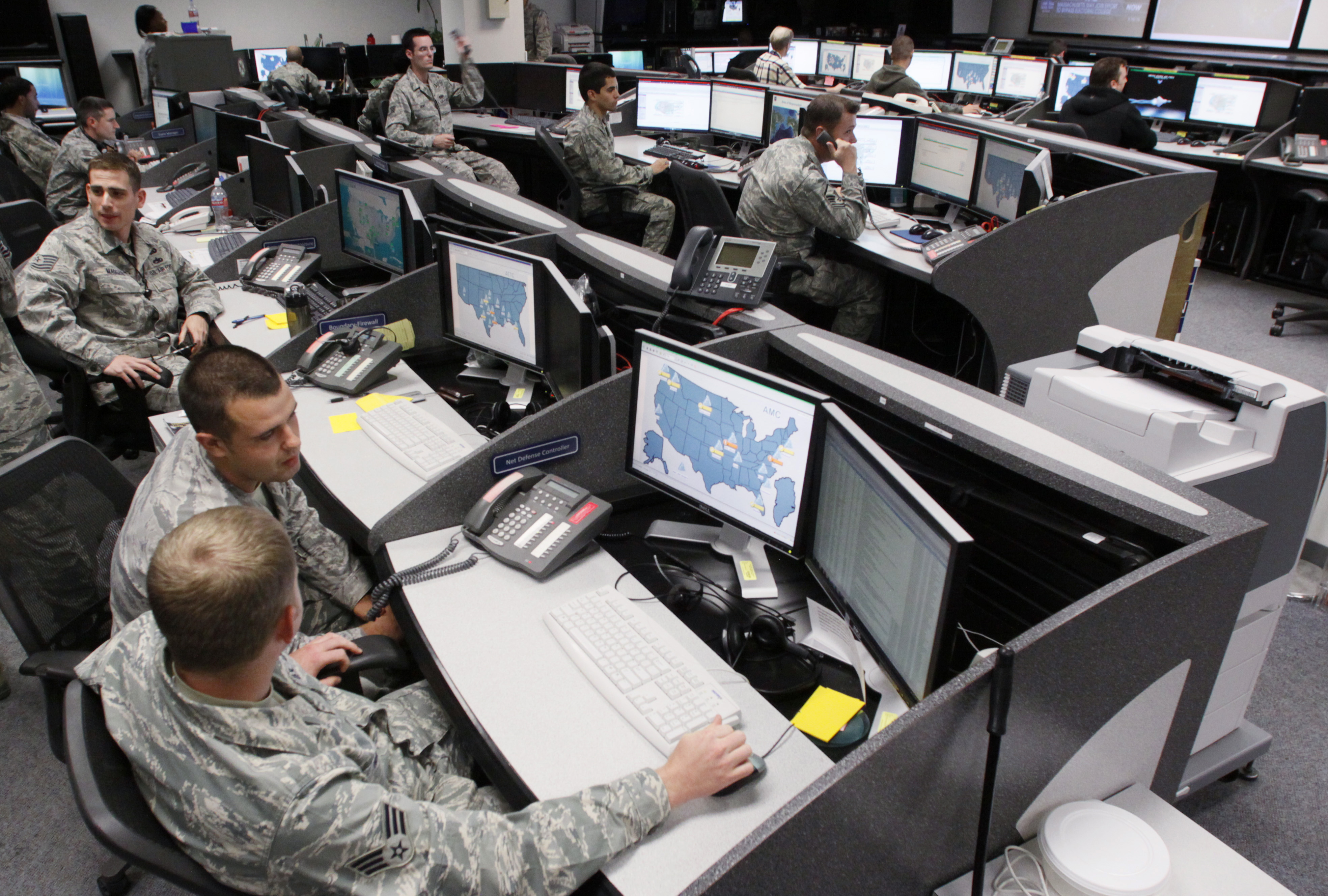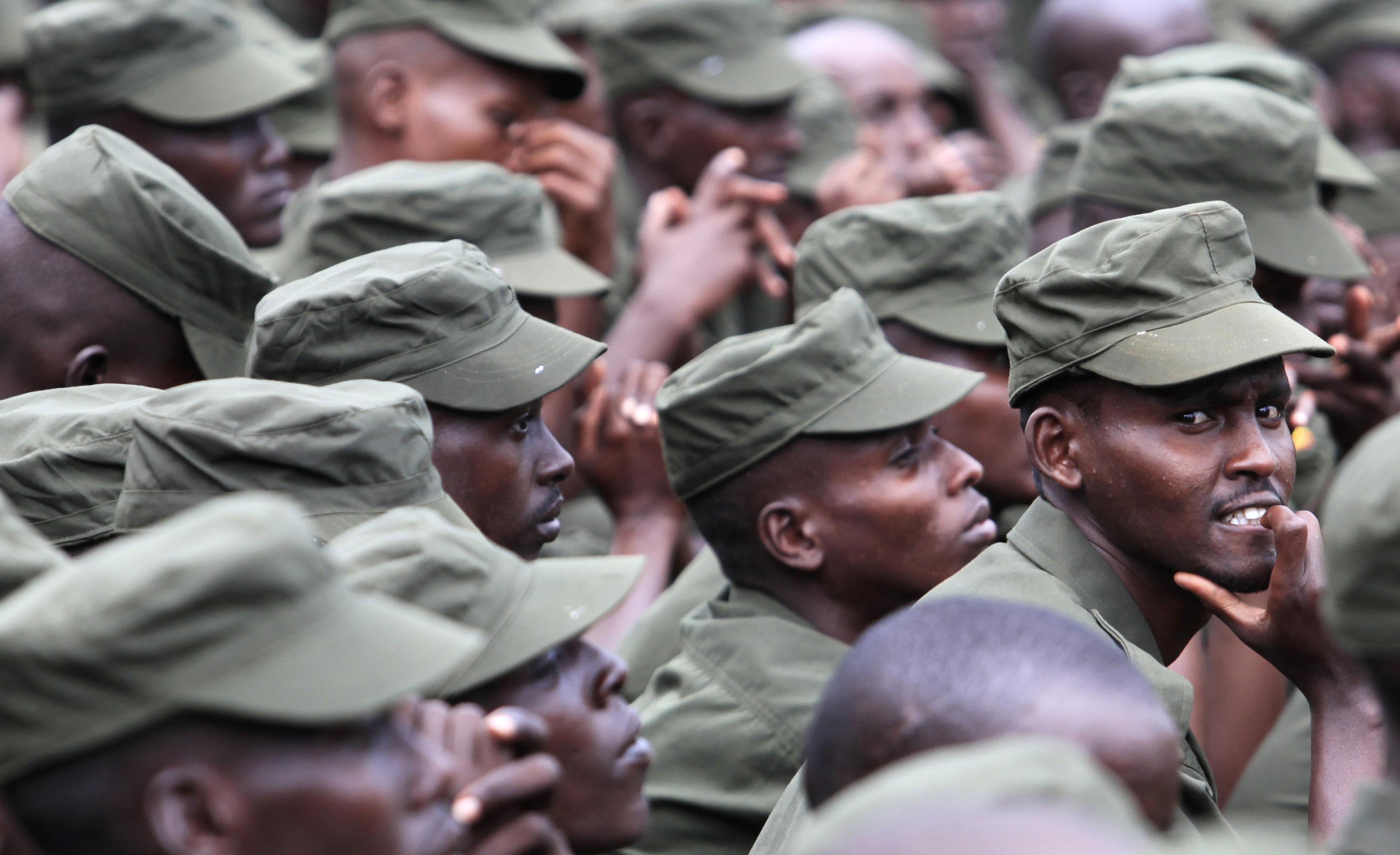Iran gearing up for naval fight in PG versus US
 Friday, July 27, 2012 at 12:23PM
Friday, July 27, 2012 at 12:23PM  We've seen the reports of the US bulking up its naval presence, and now we get Iran claiming (via WAPO) more capabilities to strike USN ships.
We've seen the reports of the US bulking up its naval presence, and now we get Iran claiming (via WAPO) more capabilities to strike USN ships.
What to keep in mind: Iran can do damage to US ships, while US ships can do far more damage to Iran, but none of this says Iran can close Straits, which would be a monumentally more complex drill than is commonly portrayed.
But more immediate point: war of nerves heating up.
US obviously expects iran to lash out at some point as the West's oil-sales-ban comes into effect over coming months, so we're gearing up for the flashpoint all right, which means shooting could easily come.
Does that qualify as war? It can qualify itself very quickly. That's for damn sure.









































